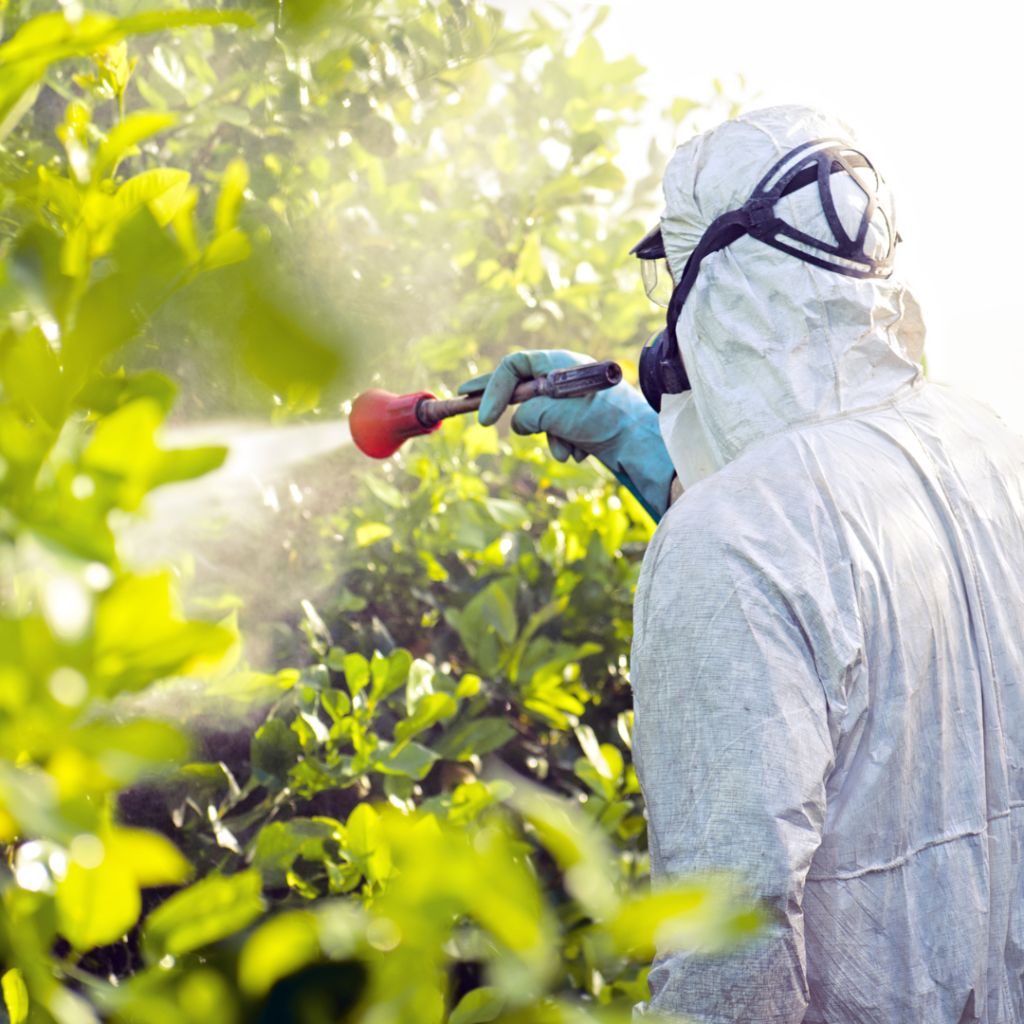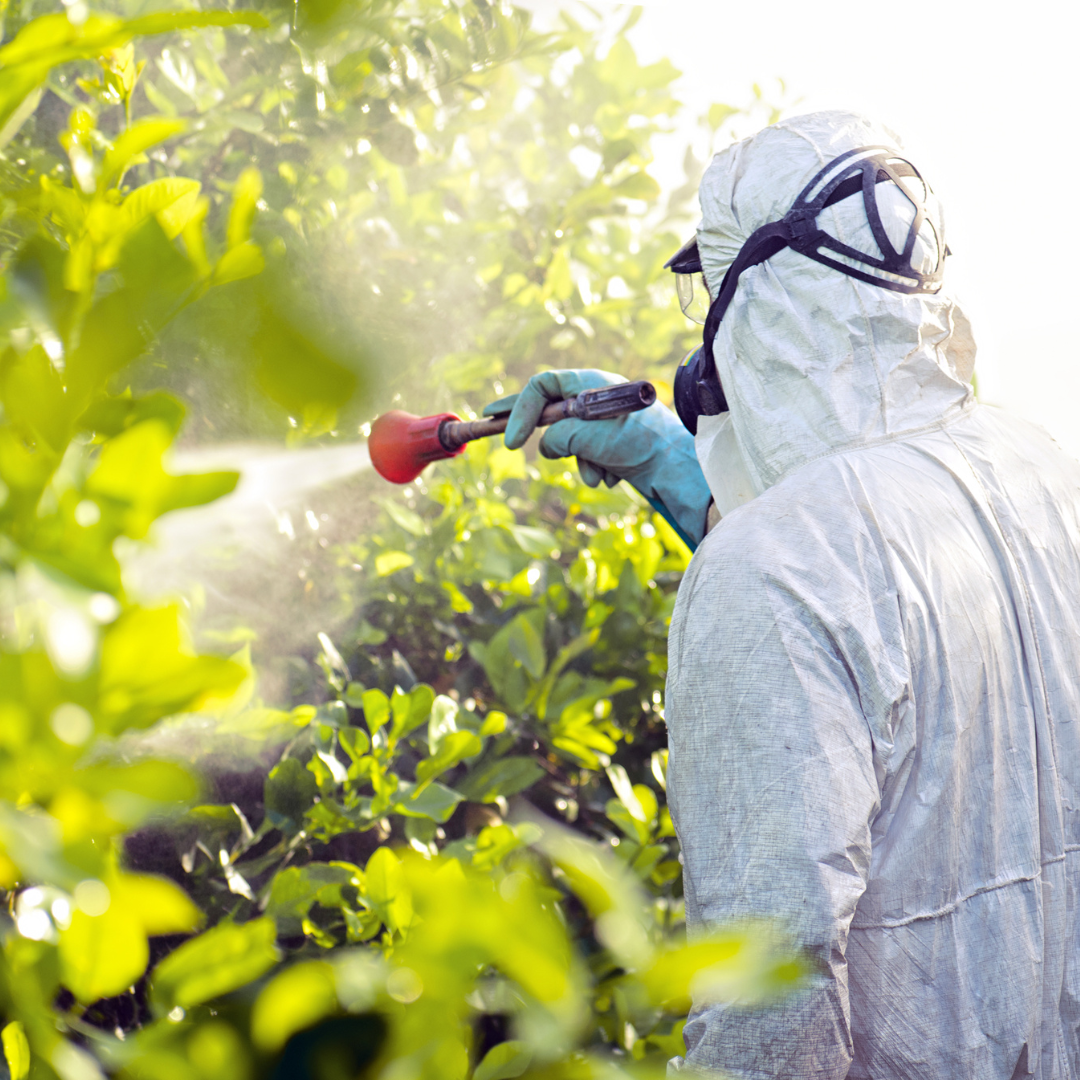The Hidden Dangers of Toxic Heavy Metals in Cannabis: Safeguarding Health and Wellness

The Hidden Dangers of Toxic Heavy Metals in Cannabis: Safeguarding Health and Wellness
Introduction:
Cannabis, with its growing popularity and legalization in various regions, has become a subject of interest for many individuals seeking alternative forms of therapy and recreational experiences. However, it is essential to address a potential threat that often goes unnoticed: the presence of toxic heavy metals in cannabis. This article aims to shed light on the dangers posed by these contaminants and the importance of quality control in ensuring consumer safety.
Understanding Toxic Heavy Metals:
Toxic heavy metals, such as lead, arsenic, mercury, and cadmium, are naturally occurring elements that can be found in the environment. While they have industrial uses, human exposure to these metals, even in trace amounts, can have severe health consequences. Heavy metals can contaminate soil, water, and air, eventually finding their way into the cannabis plant through absorption or contamination during cultivation, processing, or packaging.
Risks to Human Health:
Neurological Effects: Heavy metals, particularly lead and mercury, can adversely affect the central nervous system. Prolonged exposure to these toxic elements may result in cognitive impairments, memory problems, developmental issues in children, and increased susceptibility to neurological disorders.
Organ Damage: Cadmium, arsenic, and lead are known to accumulate in vital organs, including the liver, kidneys, and lungs. Chronic exposure to these metals may lead to organ damage, compromised immune function, and increased risk of diseases, such as kidney failure and lung disorders.
Carcinogenic Potential: Certain heavy metals, like arsenic and cadmium, have been classified as human carcinogens by international health organizations. Prolonged exposure to these substances may increase the risk of developing various types of cancer, including lung, bladder, and kidney cancers.
Ensuring Consumer Safety:
Regulatory Standards: Governments and regulatory bodies must establish and enforce stringent quality control measures to ensure the safety of cannabis products. These standards should include testing for heavy metals, requiring producers to comply with acceptable limits, and providing transparency to consumers about the results.
Good Agricultural Practices: Cultivators should adopt responsible cultivation methods, including soil testing and remediation, to minimize the presence of heavy metals in the growing environment. Implementing best practices for water usage, fertilization, and pest control can help reduce contamination risks.
Quality Testing: Cannabis products should undergo rigorous testing at independent laboratories to identify the presence of heavy metals. This step allows for the removal of contaminated products from the market and helps maintain consumer trust.


